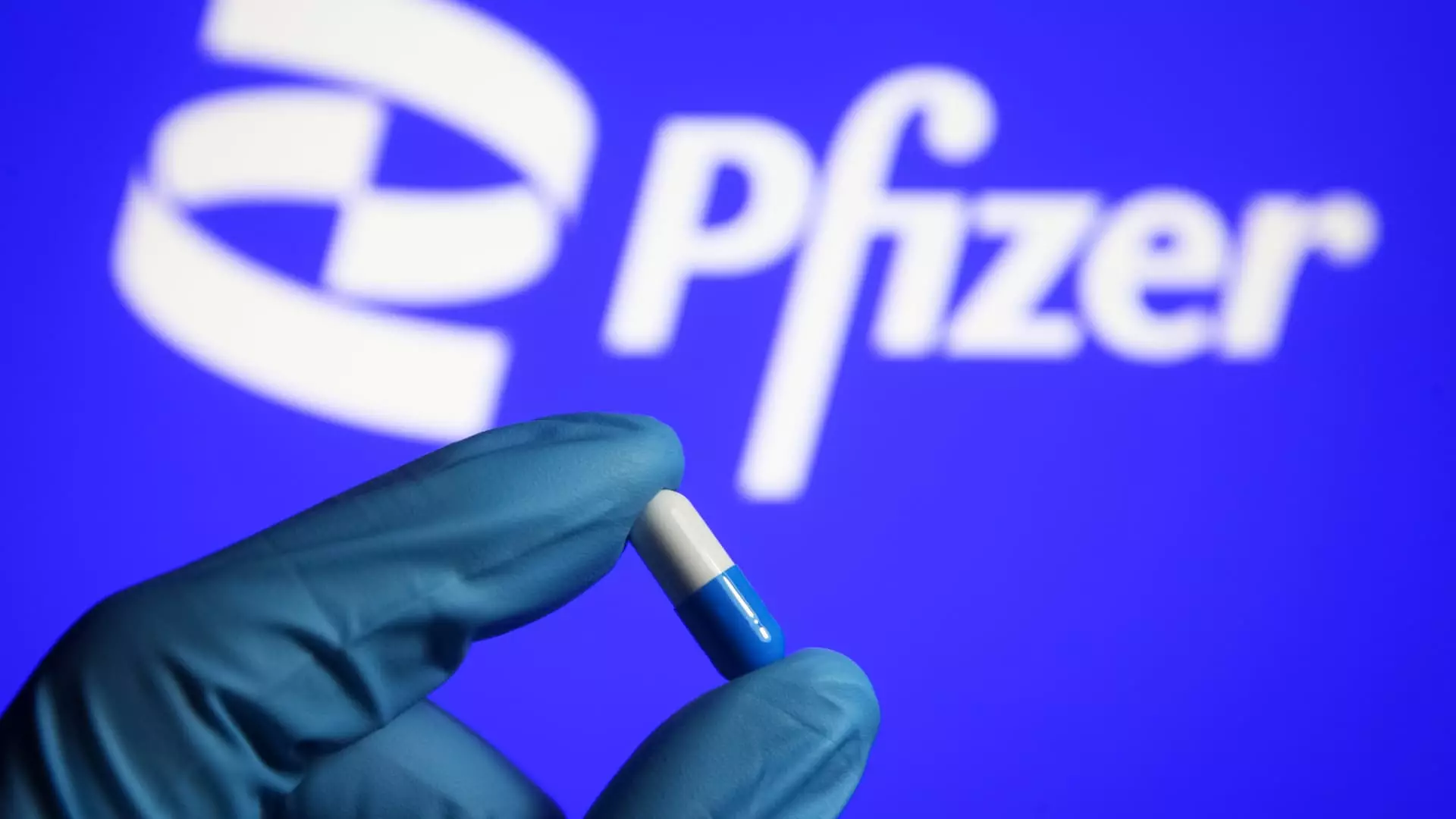Pfizer recently revealed that it will be advancing with a once-daily version of its weight loss medication, danuglipron, following positive results from an ongoing early-stage study. The pharmaceutical company carefully assessed multiple once-daily variations of the drug and selected the one showing the most promising safety profile and optimal body response. This decision marks a significant step towards potentially introducing a competitive product in the oral GLP-1 sector.
The upcoming months will see Pfizer embarking on further early-stage trials to determine the most effective dosage of the drug, with anticipated results to be unveiled in the first quarter of the following year. These trials will serve as a guideline for the registration enabling studies necessary for regulatory approval. Notably, there were no reported liver safety concerns among patients receiving the once-daily formulations of danuglipron.
Pfizer is among the many companies vying for a share of the weight loss and diabetes drug market, particularly in the realm of GLP-1 agonists. Industry experts predict that this market segment could reach a value of approximately $100 billion by the end of the decade. Despite this lucrative opportunity, Pfizer has faced challenges in establishing its presence. The discontinuation of a previous version of danuglipron in December due to patient tolerability issues raised doubts about the company’s competitiveness in the field.
Despite setbacks and skepticism, Pfizer remains committed to its obesity drug development initiatives. Dr. Mikael Dolsten, Pfizer’s Chief Scientific Officer, emphasized the importance of obesity as a therapeutic area for the company and highlighted the robust pipeline of clinical and pre-clinical candidates in progress. Additionally, Pfizer’s CEO, Albert Bourla, expressed optimism about the potential of GLP-1s in addressing obesity, indicating that the company sees significant untapped opportunities in this space.
Danuglipron, Pfizer’s GLP-1 medication, functions similarly to existing drugs like Wegovy and Ozempic by mimicking the actions of the gut hormone GLP-1. This hormone plays a crucial role in signaling fullness to the brain, thereby aiding in weight loss. The successful development of danuglipron could position Pfizer as a key player in the evolving landscape of obesity treatment and management.
Pfizer’s decision to pursue a once-daily version of danuglipron underscores its commitment to innovation and resilience in the face of challenges. With a focus on developing effective solutions for obesity and related conditions, Pfizer is poised to make a significant impact in the pharmaceutical industry. By leveraging its expertise and resources, Pfizer aims to address unmet medical needs and improve patient outcomes in the realm of weight management.

